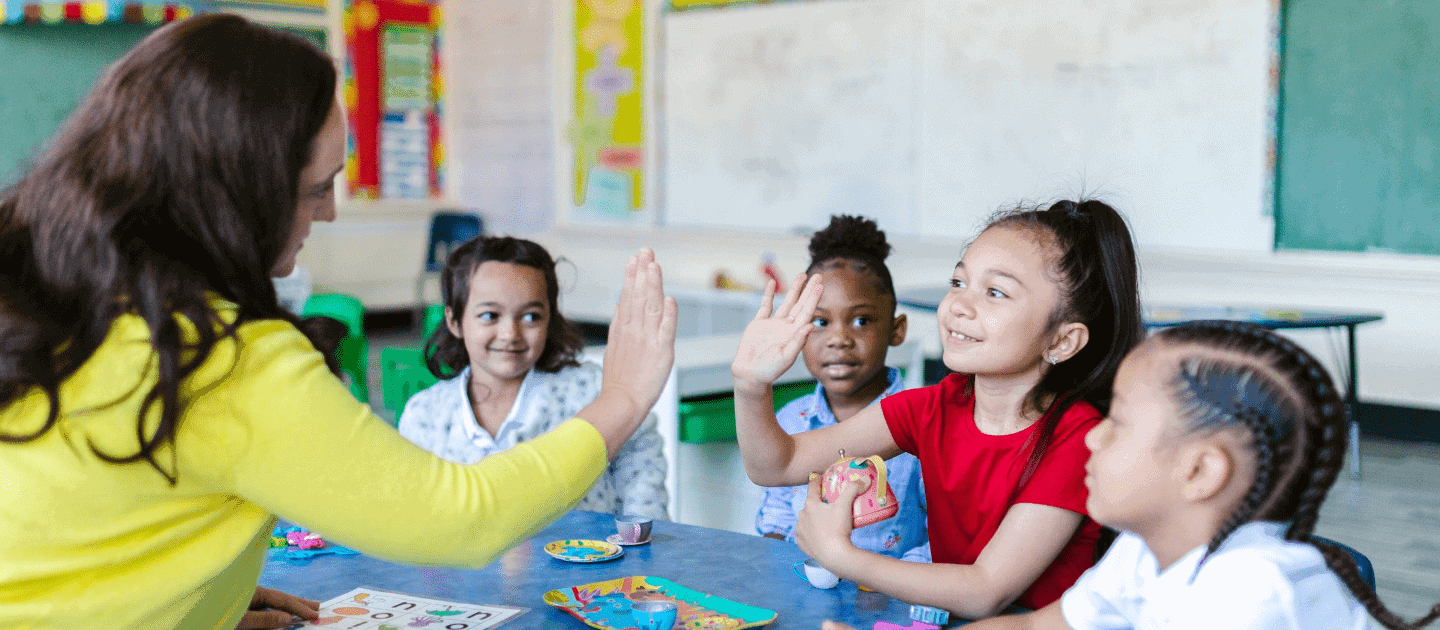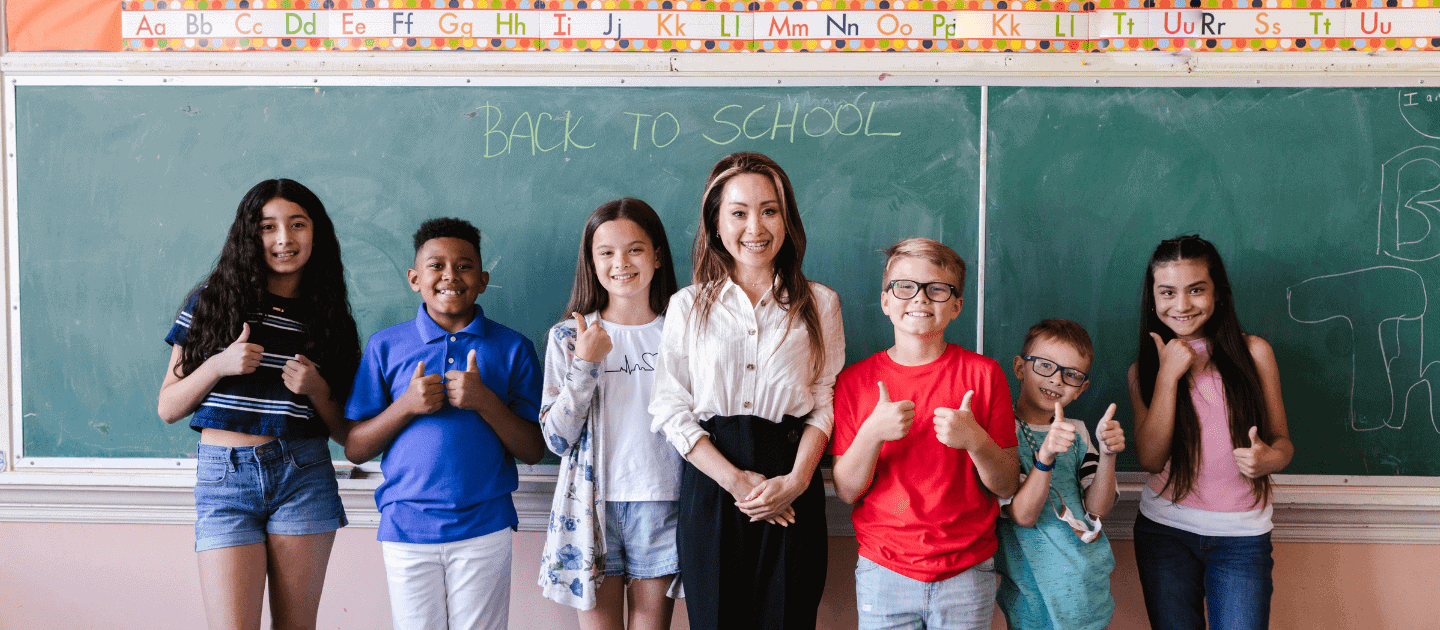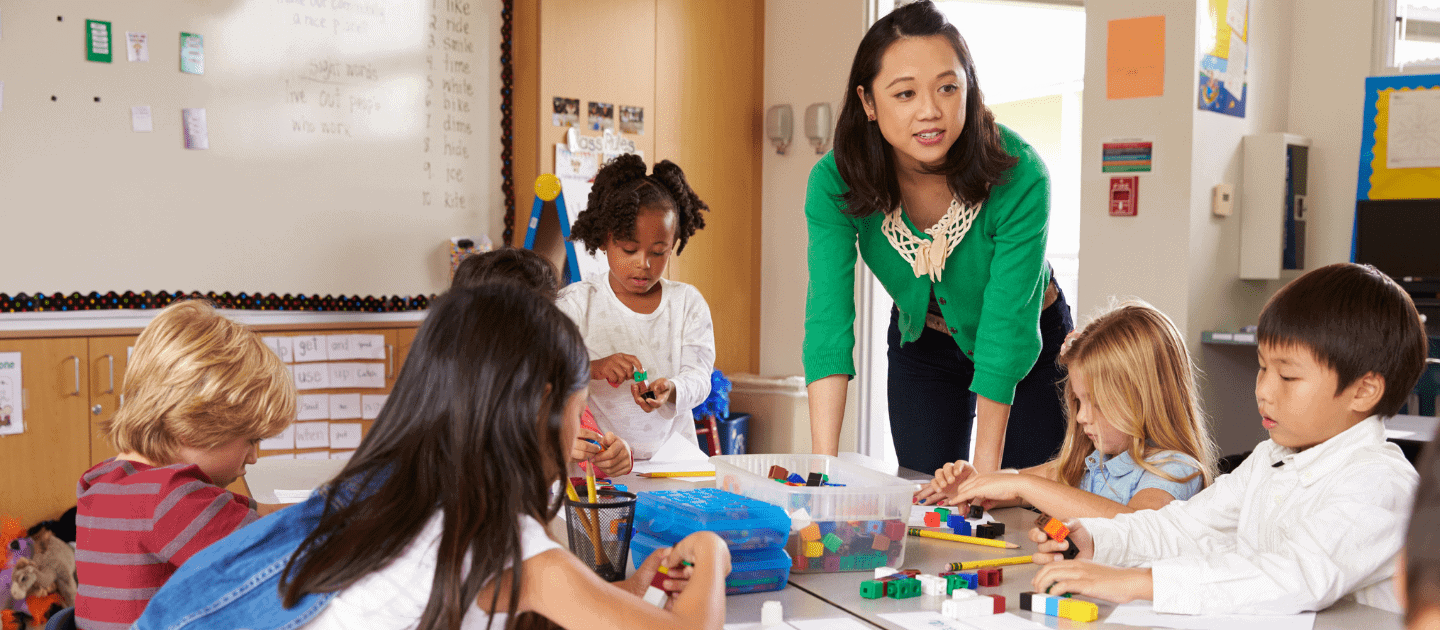Is Reprimanding Students an Effective Behavior Management Strategy?

Research suggests that teacher reprimands do not decrease students’ future disruptive behavior or increase their engagement levels.
Do teachers treat their students differently?

Teachers sometimes treat their students differently from one another, focusing more on the low-performing students.
The Impact Teacher Psychology Has on Educational Inequalities

Teacher attitudes, beliefs, and perceptions are critical in how they have the potential to contribute to or reduce educational inequalities.
Pedagogical Relational Teachership (PeRT): Reimagining student-teacher relationships to foster equitable participation in classrooms

Key Takeaway: In today’s globalized world, it is imperative that all students are able to use their unique voices and actively participate in conversations. In order to foster meaningful participation in the classroom, educators need to develop strong and trusting relationships with their students. Challenging the notion of what it means to be inclusive provides […]
How inclusion through social participation paves the way for special needs students in mainstream schools.

This study suggested that inclusion requires more collaborative learning environments and student-centred pedagogy.
Inclusive and emotionally supportive classrooms pivotal in supporting positive student-teacher relationships during school transition

The authors identify that child characteristics, including gender, the ability to self-regulate, and language competence, impact teacher-child relationships.
High-Leverage Social, Emotional and Behavioural Practices in Special Education

Social, emotional, and behavioural skills must be explicitly taught, just like academic skills, to create effective learning environments where all students can thrive both academically and socially.
Growth Mindset & Metacognition: A Partnership to Building Self-Regulation Skills Amongst Learners

Metacognitive skills, when paired with a growth mindset, provide complementary skill sets and may be particularly beneficial for students in low socioeconomic school settings.
Words Have Power: Ensuring language-rich environments for students with autism

Teacher language within general and special education classrooms differs for students with autism, resulting in potentially negative impacts.
Student Learning Satisfaction in Online Learning Environments and Teacher Presence: Is there a connection?

Just as we develop our students’ self-efficacy and acknowledge the importance of our social presence during face-to-face learning, as the world continues to shift and technology becomes more prominent, we need to consider further enhancing our pedagogical practices for online learning.
